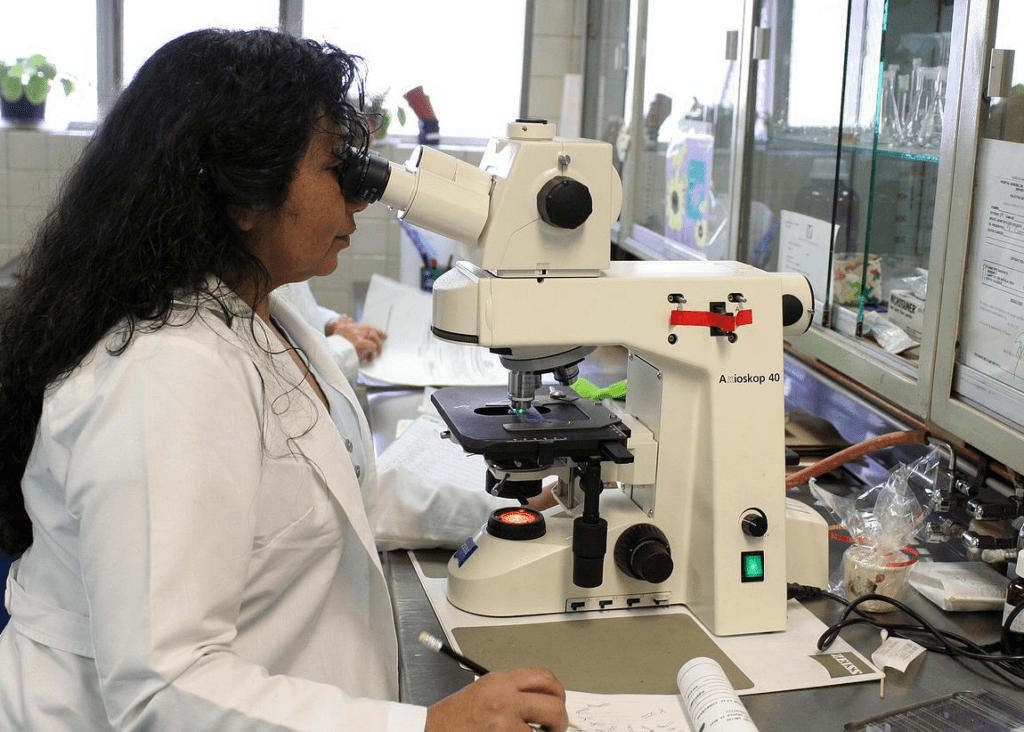House Ways and Means Committee Republicans reintroduced several tax bills that would provide critical drug R&D tax credits, particularly for small biotechs and startups.
Reps. Vern Buchanan (R-FL), Mike Kelly (R-PA), and Brad Wenstrup (R-OH) reintroduced what they call “major legislation that ensures a healthier future for all Americans.”
They introduced the same and similar bills in July 2020, as reported by Good Day BIO.
What’s included:
- The American Innovation Act, which provides “special tax treatment for start-up costs” and preserves drug R&D tax credits. The House passed the bill in 2018 with bipartisan support.
- The Start-Ups for Cures Act, which creates an R&D incentive for small biotech companies engaged in infectious disease drug development.
- The More Cures Act, which creates a 14% bonus R&D tax credit for companies engaged in drug R&D, and bonus incentives for infectious disease R&D.
- The Infectious Disease Therapies Research and Innovation Act, which allows credits and losses associated with qualifying research to pass through to investors to offset other income.
- The American-Made Medicine Act, which provides tax credits for manufacturing in the United States.
In addition, the package includes one of BIO’s top capital formation priorities: Reform of the net operating loss (NOL) limitations under Section 382 of the tax code.
Section 382 is an important anti-abuse measure to limit the use of a failing company’s losses by a profitable company. Unfortunately, these limits are also unintentionally triggered by investment in thriving small biotechs. The American Innovation Act would call off Section 382 for investments during a company’s startup phase. This would preserve these valuable tax assets and encourage investment.
R&D tax credits let biotech companies ‘do what they do best’
“Thanks in part to the contributions of small and emerging biotech companies, America is an innovation powerhouse,” said BIO in response to the announcement. “By providing much-needed incentives for research, development, novel manufacturing, and more, it will allow biotech companies—especially small startups—to do what they do best: solve the world’s most complex scientific challenges.”




